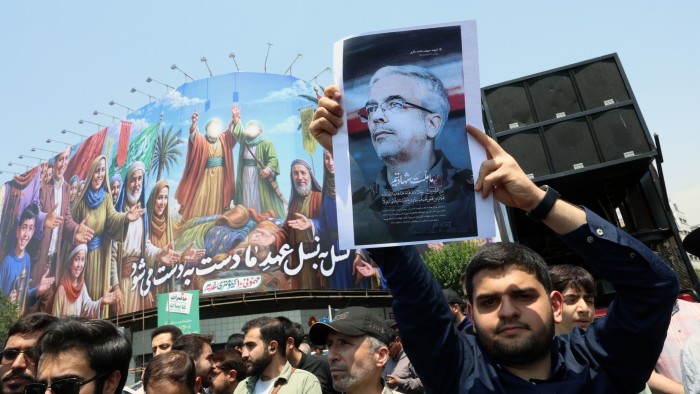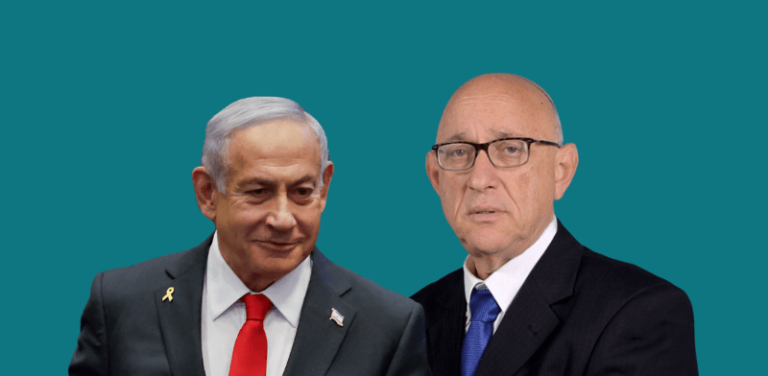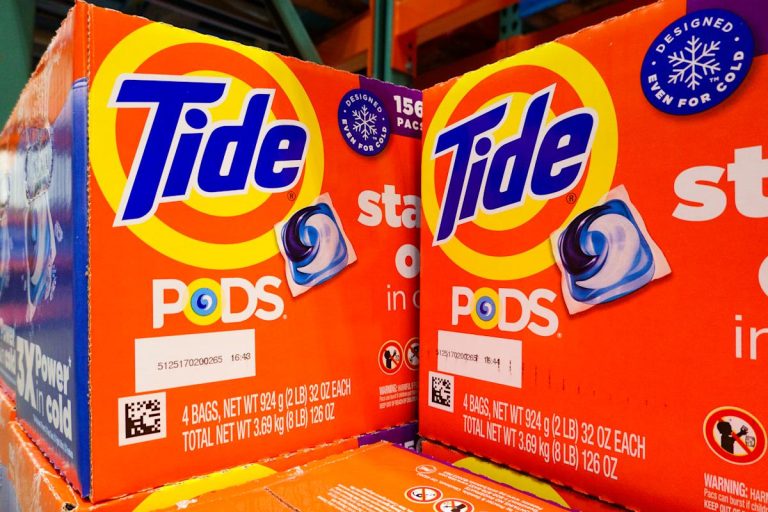Unlock the White House Watch newsletter for free
Your guide to what Trump’s second term means for Washington, business and the world
Israel’s strikes against Iran’s nuclear programme and military commanders have started a momentous war in the Middle East, sent oil prices soaring and left many wondering what happens next.
Here are five key areas to watch in the coming days:
How and where will Iran retaliate?
Iran sent drones towards Israel in retaliation on Friday morning, all of which were intercepted. More conventional missile and drone attacks are expected. Earlier this week, Iranian commanders suggested counterstrikes could target US military facilities in the region as well as Israel.
Iranian forces could also turn to asymmetric warfare. Tehran has in the past threatened to shut off or disrupt the Strait of Hormuz in the event it is attacked. The key waterway separates Iran from the Gulf states, and through it flows roughly 30 per cent of all seaborne oil exports globally.
Iran has also in the past been blamed for an attack on oilfields in Saudi Arabia and for sabotaging tankers in the Gulf. While severely weakened by Israel in the past 18 months, the so-called Axis of Resistance — including the Houthis in Yemen and Hizbollah in Lebanon — still have the potential to cause trouble for Israel and its allies.
Will Iran’s nuclear talks with the US continue?
Talks between the US and Iran had been scheduled for Sunday. It is unclear whether either side will continue with negotiations.
The US has publicly said it did not participate in the strikes but Iran’s foreign minister has argued the attacks could not have happened without a green light from Washington.
Donald Trump on Friday morning said Tehran had been given “chance after chance” to reach an agreement. “Iran must make a deal, before there is nothing left,” the US president said.
What is Israel’s ultimate objective?
Israel’s premier Benjamin Netanyahu said the strikes were launched to destroy Iran’s nuclear capabilities. But they also targeted Iran’s military chiefs, barracks and missile facilities in a wave of attacks across the country.
Israel’s campaign against Hizbollah in Lebanon last year culminated in the assassination of most of its senior leadership. One big question is whether Israel’s ultimate objective is to debilitate the Iranian regime, rather than just its nuclear programme.
Does the international community have any sway?
More than a dozen world leaders are expected to meet at the G7 Summit in Canada from Sunday, including Trump. Israel and Iran are now likely to top the agenda.
The US president has the most influence over Israel, but there are no signs yet that the White House intends to rein in Netanyahu.
Canada, Britain and France are among a group of western nations that have become sharply more critical of Israel’s 20-month war against Hamas in Gaza. But their leverage over Israel is limited. One test will be whether these countries support any defence of Israel against Iranian retaliation.
How will the war affect the oil market?
Brent crude, the international oil benchmark, jumped as much as 12.5 per cent in early trading on Friday, the biggest one day jump since Russia’s full-scale invasion of Ukraine three years ago.
But gains have tempered slightly as the trading session has advanced, with Brent last up 8 per cent to around $74 a barrel.
Oil is likely to carry an additional fear premium until the situation becomes clearer. The big concerns will be a significant loss of supplies through Hormuz or an attack on Saudi Arabia, though the kingdom was quick to condemn Israel’s attack.






